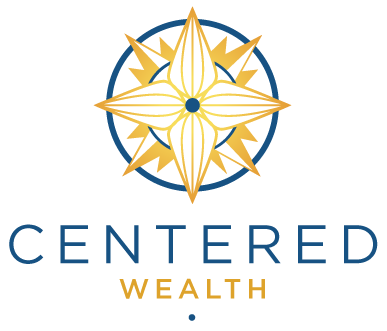Divest, Invest, and Advocate
DIVESTING is the act of selling investments, or banning new investments, in areas of ethical and/or financial concern. The modern divestment movement started in 1758, when the Quaker yearly meeting unanimously issued a proclamation forbidding its members from profiting from the slave trade. Drawing from that 200-year-old example, divestment was used as tool to fight apartheid in South Africa in the 1970s and ’80s.
There are two major areas of divestment activism happening right now: fossil fuels and the prison-industrial complex. Both of these movements have expanded recently to include bond divestment as well as stocks. Because bonds are a direct way for companies and municipalities to raise funds for projects, bond divestment can limit funding for new projects like digging pipelines and building for-profit prisons. Additionally, the Move Your Money campaign has motivated people to move their checking and savings accounts away from large banks funding these industries.
But does this strategy work? My feeling is that divestment is critical, but it’s not nearly enough. You can’t divest your way to change. It may lower the profitability of these life-destroying industries, but tackling problems like climate change or institutional racism means developing systemic and resilient solutions. So, I say: divest, invest, and advocate.
IMPACT INVESTING is placing your money with companies that are creating the future you wish to see, for example, green energy, sustainable forestry, and women- or minority-led companies. Impact investors expect companies to make a clear and measurable commitment to solving global problems.
SHAREHOLDER ADVOCACY means holding investments in companies that may be so large or complex that they are doing both “good” and “bad” in the world. Then, either directly or through a fund or an advocacy group, you work with other investors to change the behaviors of that company over time.
For instance, As You Sow, an investment advocacy group, recently put forward a resolution to shareholders of JP Morgan, the world’s largest financier of fossil fuels. It asked the bank to outline if and how it will align its financing activities with the goals of the Paris Agreement. The vote came in at 49.6% in favor, representing $95.5 billion in assets. While not a majority vote, it was large enough to raise the hairs on the board of directors’ necks. By investing, each of us are creating a relationship with the future. Divest. Invest. Advocate.
Vanderbilt Financial Group is the marketing name for Vanderbilt Securities LLC and its affiliates. Securities offered through Vanderbilt Securities, LLC. Member FINRA, SIPC. Registered with MSRB. Clearing agent: Fidelity Clearing & Custody Solutions. Advisory Services offered through Vanderbilt Advisory Services and Consolidated Portfolio Review. Clearing agents: Fidelity Clearing & Custody Solutions, Charles Schwab and TD Ameritrade. Insurance Services offered through Vanderbilt Insurance and other agencies. Supervising office: 55 Main St., Suite 415, Newmarket, NH 03857, 603-659-7626. For additional information on services, disclosures, fees, and conflicts of interest, please visit vanderbiltfg.com/disclosures.

